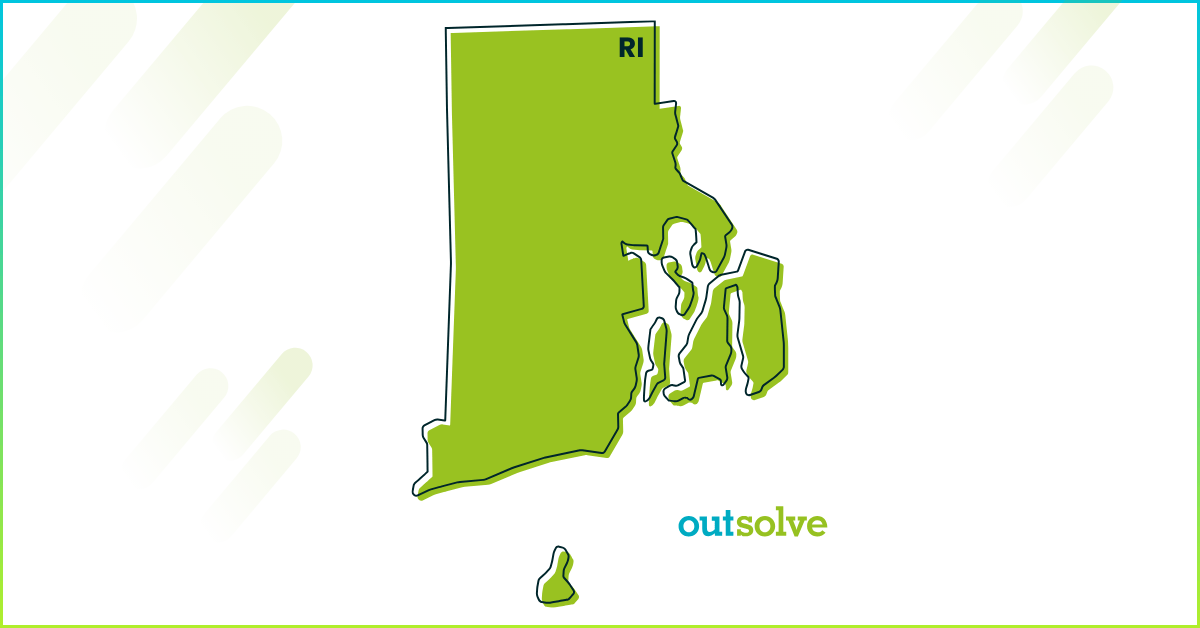2 min read
Illinois Equal Pay Act Requires Pay Transparency in Job Postings
![]() OutSolve
:
Sep 5, 2023 10:00:00 AM
OutSolve
:
Sep 5, 2023 10:00:00 AM
.png)
On August 11, 2023, Governor J.B. Pritzker of Illinois signed a new law that will bring about important changes to the Illinois Equal Pay Act (IEPA). This amendment focuses on pay transparency in job postings and will have a significant impact on employers in the state.
Effective January 1, 2025, the new law requires employers with at least 15 employees to include the pay scale and benefits for a specific job in their job postings. What sets this law apart from others is that employers can meet this requirement by including a hyperlink to a publicly viewable webpage containing the relevant information.
The definition of "pay scale and benefits" is quite broad, encompassing wage or salary details, wage or salary ranges, and a general description of benefits and other compensation such as bonuses, stock options, or incentives that the employer reasonably expects to offer for the position. Employers should refer to previous pay ranges, the current range for equivalent positions, or the budgeted amount for the role when determining the pay scale.
It's important to note that the amendments are not limited to positions that will be performed solely in Illinois. They also apply to positions that will be physically performed, at least in part, within the state or to positions where the employee reports to a supervisor, office, or other work site in Illinois, even if the work is performed outside of the state.
In cases where employers post job openings externally that current employees may also apply for as a promotion, they must inform current employees of the opportunity within 14 calendar days of the external job posting.
If an employer uses a third party to announce or post job openings, they must provide the pay scale and benefits information, or a hyperlink to it, to the third party. The third party is responsible for including this information in the job posting, unless they can prove that the employer did not provide the necessary details.
Individuals who believe they have been affected by the amendments to the IEPA have the right to file a complaint with the Illinois Department of Labor. These complaints must be submitted within one year from the date of the violation.
To ensure compliance, employers should be aware that the Department of Labor can initiate investigations into alleged violations of the IEPA based on complaints or at their own discretion. If the Department determines that a violation has occurred, fines can be imposed. For a first offense, fines can reach up to $500, for a second offense up to $2,500, and for a third or subsequent offense up to $10,000. Employers will be given notice and a cure period for first and second offenses, but for five years following a third offense, automatic penalties will be imposed without a cure period.
Employers are also required to maintain records documenting the pay scale and benefits for each position, as well as the corresponding job postings.
Furthermore, employers seeking permanent labor certification from the U.S. Department of Labor to hire foreign workers for permanent positions in the United States should be aware that Illinois will now join the list of states with similar transparency requirements.

It's clear that the IEPA has undergone significant changes in recent years, with a focus on pay equity and transparency. This trend is expected to continue, so it is crucial for Illinois employers to seek guidance from OutSolve to ensure compliance with the evolving regulations.
Founded in 1998, OutSolve has evolved into a premier compliance-driven HR advisory firm, leveraging deep expertise to simplify complex regulatory landscapes for businesses of all sizes. With a comprehensive suite of solutions encompassing HR compliance, workforce analytics, and risk mitigation consulting, OutSolve empowers organizations to navigate the intricate world of employment regulations with confidence.
Weekly OutLook
Featured Posts

5 Key Compliance Items HR Can’t Afford to Ignore

HR Compliance Checklist: What Every HR Pro Needs to Know
Related Posts

What You Need to Know About the Rhode Island Pay Transparency Law
Pay transparency continues to gain traction at the state level, and Rhode Island is no exception. Let’s dive into the details of how this law works...

Legal Series: How to Balance Transparency with Confidentiality in Executive Compensation
This article is part of an ongoing legal series designed to provide insight and practical guidance on current and emerging workplace compliance...

Federal Contractor Data from 2016-2020 EEO-1 Consolidated Reports to Be Posted on OFCCP’s Website
After several years of litigation, the Office of Federal Contract Compliance Programs (OFCCP) will be posting federal contractor EEO-1 race/ethnicity...
